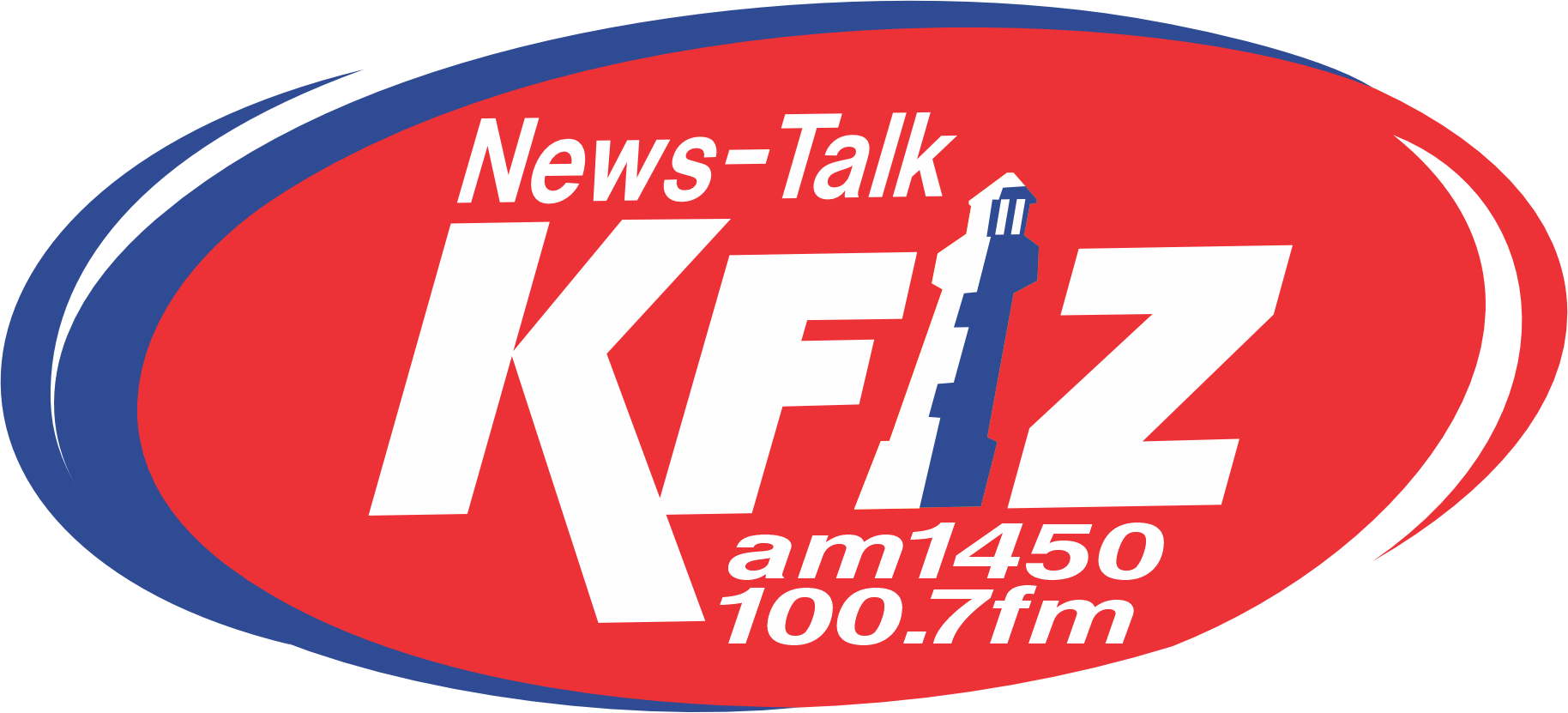Local News
Local News Briefs Friday 11-1-13
Hot-Spot Safety
(WRN) Many folks enjoy a cup of joe while accessing their online data via free public Wi-Fi hotspots. A statewide campaign aims to spread the word about protecting your identity while using free wifi hotspots, explaining how unsecured networks allow other people to see your connection and steal your personal and financial information. Tod Pritchard with Wisconsin Emergency Management says it’s important to be wary of any free wifi hot spots, because although you won’t get a warning alarm, access to the Internet via public hotspots is not secure.
Pregnant Help
(WRN) A bill introduced at the Capitol would give pregnant women more protections in the workplace. Current law makes it illegal for employers to discriminate against pregnant employees. However, state Representative Eric Genrich (
Common Cold Breakthrough
(WRN) At the UW, a breakthrough on the common cold front. Researchers construct a model of rhinovirus C and show how it differs from rhinoviruses A and B Biochemistry professor Ann Palmenberg says that goes a long way towards explaining why drug trials targeting rhinviruses havem’t been very successful. The new model may soon lead to the receptor for rhinovirus C, which would be an obvious target for new drug therapy. Rhinovirus C, which was discovered just seven years ago, tends to cause severe colds, deep in the lungs. That can be especially bad for kids.
Smoking & Eduction
(WRN) Education is a major factor in tobacco use in
Feed The Hungry
(WRN) You can help feed the hungry this deer season by donating your kill to charity. Wildlife damage specialist Dan Hirchert says the DNR Venison Donation program is run by volunteer butcher shops and meat processors. Hirchert says the program is funded through money from deer licensing. The program has collected 3.7 million pounds of venison over the last 13 years. You can get a list of the 120 participating processors and butcher shops wherever you buy a deer tag, at a DNR service center, or at the DNR’s website. (http://dnr.wi.gov/topic/hunt/donation.html)


